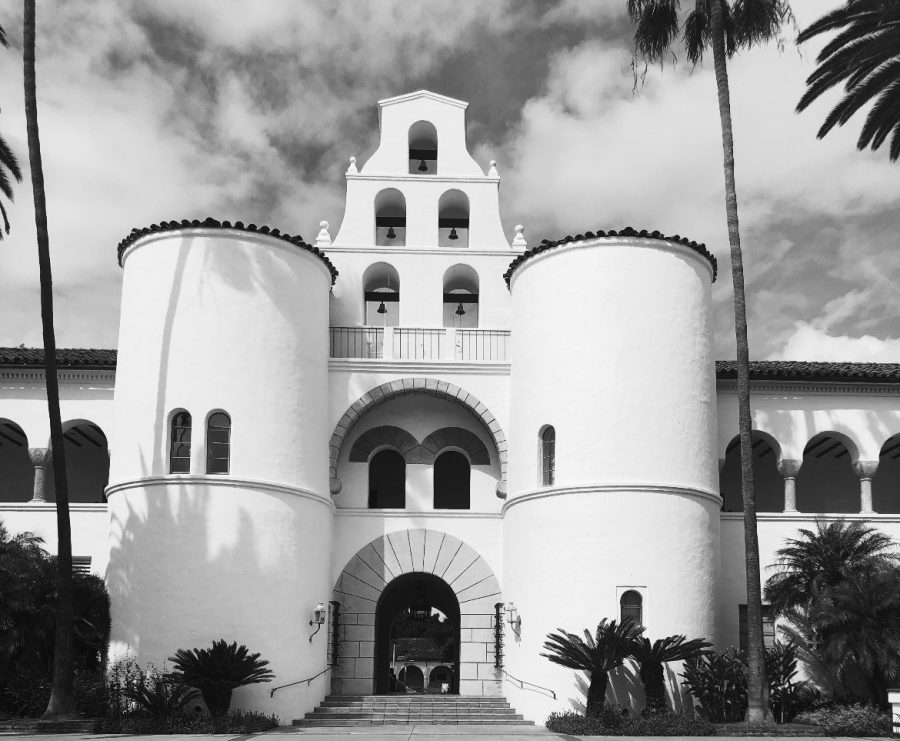The act of acknowledging and paying respect to a community for its contributions to society isn’t rocket science. In fact, it’s the least we can do for the various communities and cultures who’ve been mistreated throughout history.
Unfortunately, this simple act has turned out to be an atrocity to some San Diego State faculty who recently complained after senate leaders at SDSU suggested making a small addition honoring the Kumeyaay people to class syllabi.
The debate for having the Kumeyaay Land Acknowledgement cited and stated as a requirement for syllabi at SDSU was discussed at the university senate meeting on March 1.
Since 2019, it has been a requirement for SDSU professors to include the land acknowledgement in their course syllabi. This sparked concern in some professors as they did not want to feel imposed to follow through with language forced upon the university.
During the meeting, this requirement was voted to be removed from the syllabus policy, making it optional for professors to require the acknowledgement. The senate voted for this revision during the meeting with 44 votes for the revision, 38 against and 7 abstained. This revision means that the acknowledgement clause will be removed from the syllabus requirements.
The voters and attendees at the meeting varied from Associated Students officers, faculty and students.
Steven Barbone, a SDSU professor from the philosophy department, was one of the proponents of this revision and expressed the acknowledgement infringed upon professors’ rights.
“As a professor, we value academic freedom,” Steven Barbone said. “There is a clause from the acknowledgement too close to a prayer.”
Barbone compared the clause for the acknowledgement, “We find inspiration in the
Kumeyaay Spirit…,” to a symbol of worship exchanging the last words to “the Hail Mary” and “Satan.”
This outraged many voters and attendees.
“It is inappropriate and extremely disrespectful to compare a section of the Land Acknowledgement to Satan,” A.S. President Ashley Tejada said.
Frankly, stating the land acknowledgement is the bare minimum — especially after SDSU has paraded a dehumanizing and racist monolith in many spheres of campus life.
In SDSU’s diversity statement, it is the university’s goal to “attract students, staff, and faculty members who are capable of working hard and making meaningful contributions outside and inside of the classroom.”
While faculty members have the right to include what is in their syllabi, if our university pledges to value diversity and inclusion, no one here is exempt from that promise. We should all actively work hard to highlight the culture that exists right here on campus grounds instead of taking bits and parts of it for our own use.
What we don’t talk about enough is how educators have the power to strengthen campus communities and transform individual lives as our world constantly evolves. Including land acknowledgement in their syllabi could make all the difference students need to further the conversation surrounding change.
It’s the very least we could do.
A previously published version of this editorial said the university administration suggested making a small addition to honor Kumeyaay people in the class syllabi. A correction has been made to say university senate leaders made the suggestion to more accurately represent the topic. The Daily Aztec regrets this and apologizes for any confusion.








